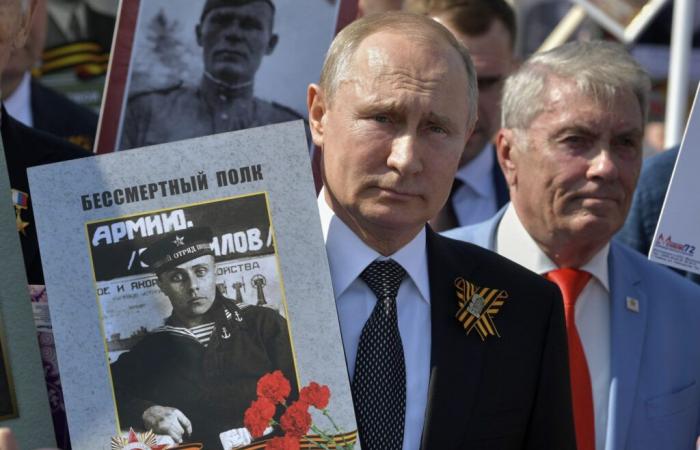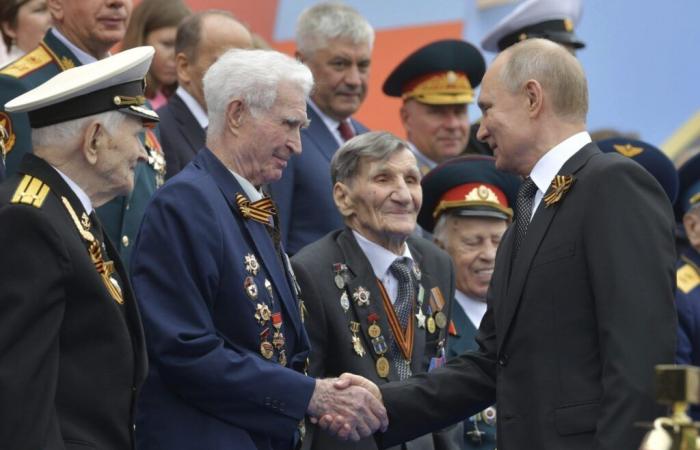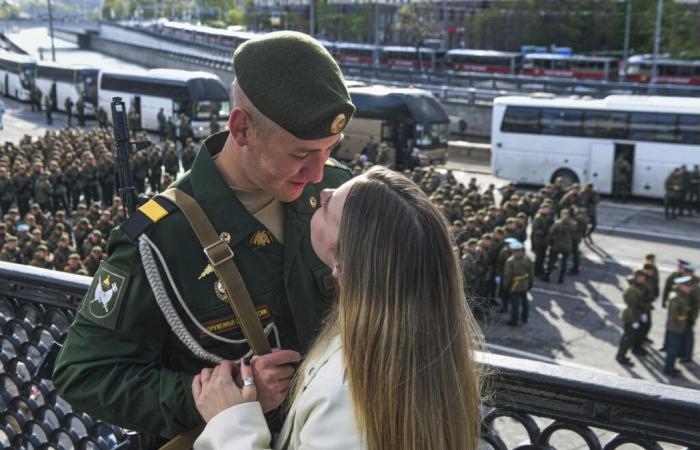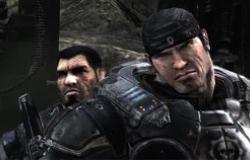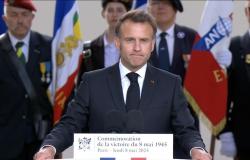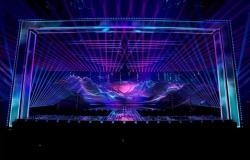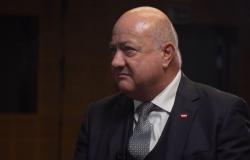Putin uses victory day to justify the war in Ukraine/ Newslooks/ Washington/ J. Mansour/ Morning Edition/ President Vladimir Putin placed Russia’s victory over Nazi Germany during the Second world War at the heart of his national identity and his political power. He uses the celebrations of the day of victory to fuel the patriotic feeling and justify the invasion of Ukraine by establishing false parallels with the Soviet fight against Nazism. Despite tensions related to war, the Kremlin takes advantage of the 80th anniversary to promote unity and military power.
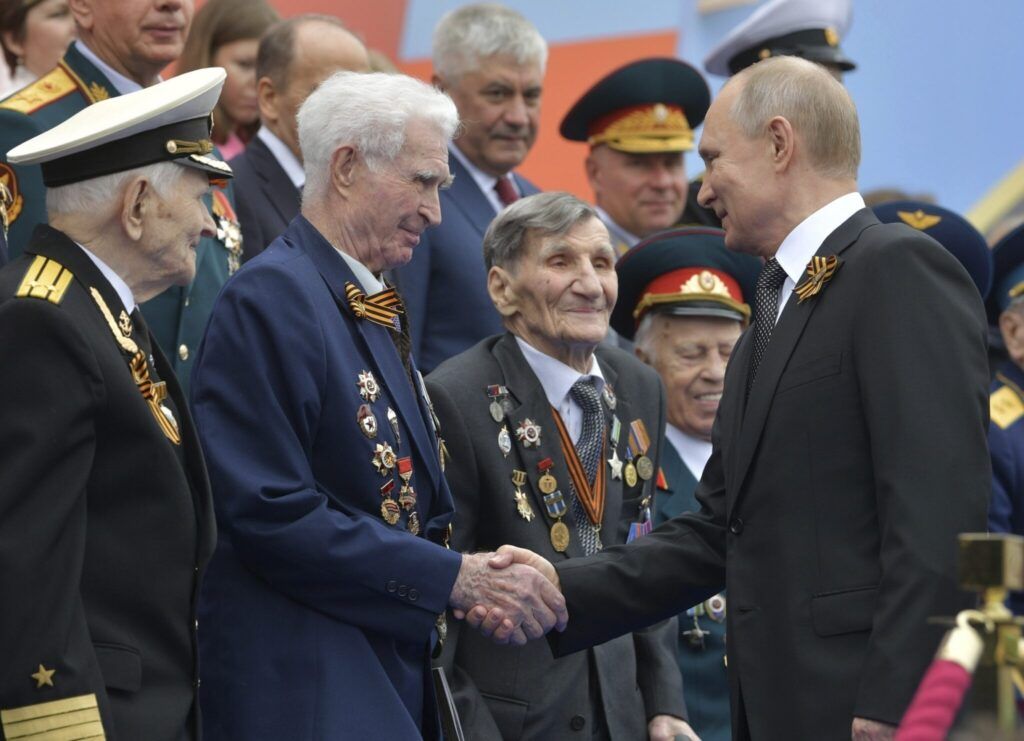
Quick overview of Putin’s strategy for victory day
- Fundamental national identity: The day of the victory marks the Soviet triumph over Nazi Germany and is the most celebrated secular feast in Russia.
- Sacrifice massif: The USSR lost 27 million people during the Second World War, which shaped national conscience.
- Putin’s personal link: Putin often tells the tragedies of her family during the war to personalize and politicize the conflict.
- Narrative tool: Kremlin uses nostalgia for the Second World War to justify its actions in Ukraine.
- Allegation of “denazification”: Putin wrongly claims that Ukraine is led by neo-Nazis within the framework of its logic of war.
- World messaging: Putin invited President XI and others to the Victory Day celebrations to report the world alliances of Russia.
- Public parades: Military shows and the marches of the immortal regiment strengthen patriotic fervor.
- The point of view of criticism: Analysts claim that the Kremlin deforms the history of the Second World War to fuel anti-Ukrainian propaganda.
- Traced parallels: Soviet victory is compared to the military ambitions of Russia in Ukraine.
- Strategic moment: The day of victory is used to divert the attention of losses on the battlefield and dissensions in wartime.
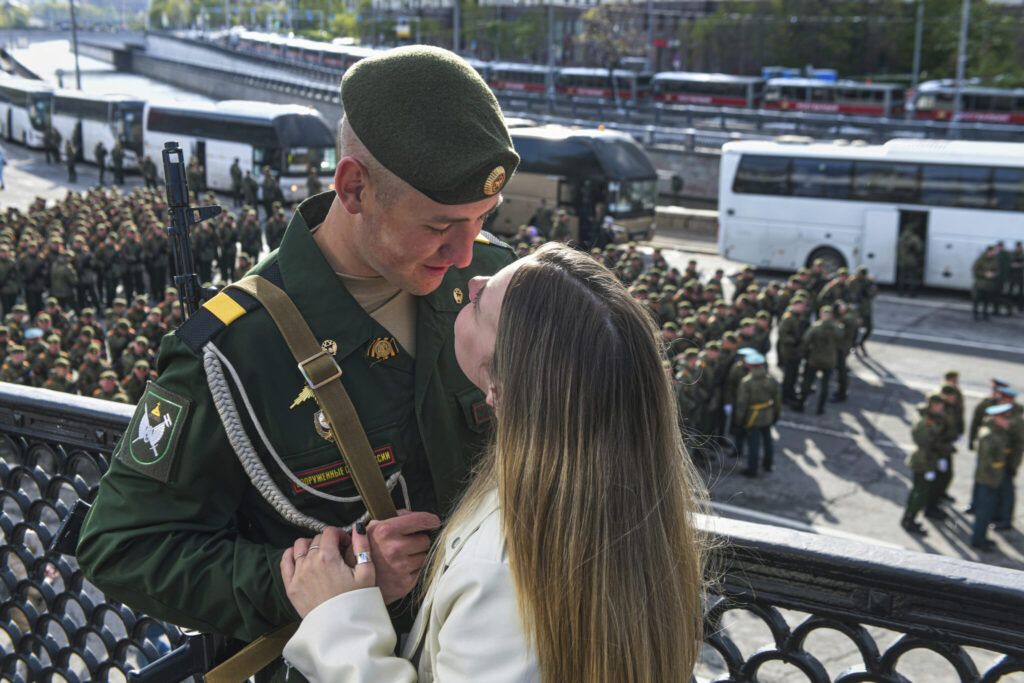
Local look: Putin transforms the victory of the Second World War into a rallying cry for his war and his leadership
Eighty years after the defeat of Nazi Germany by the Soviet Union, Victory day remains the most powerful and politicized party of Modern RussiaWhich was once a solemn commemoration of sacrifice in wartime has become a central element of President Vladimir Putin’s political ideology—And a main tool in justify the large -scale invasion of Ukraine by Russia.
Putin, who led Russia for a quarter of the post-war period, skillfully integrated her leadership and military ambitions into the historical symbolism of the Second World War. This year’s celebrations, which occur in a context of drone attacks in Moscow and continuous losses on the battlefield, show how the Kremlin relys even more on the legacy of the war for promote unity in the country and resilience abroad.
The Great Patriotic War as a national foundation
The Soviet Union has lost more than 27 million lives During the Second World War, a sacrifice that left an indelible mark on its people. Known in Russia under the name of The Great Patriotic WarThe conflict is largely considered to be the greatest moment of unity, strength and world leadership in the USSR.
For Putin, the heritage of the Second World War is a rallying point for national prideet mythical story of Russian endurance Faced with external threats. He regularly quotes Soviet resilience to affirm that modern Russia can survive – and triumph – faced with what he describes as a hostile West.
In a 2020 test, Putin underlined this point of view:
“The Soviet Union and the Red Army made the main and crucial contribution to the defeat of Nazism, whatever we try to prove today. »»
The story of a family, the myth of a nation
Putin often shares moving stories from the war experience of his familyincluding the death of his younger brother during the siege of Leningrad and the survival of his father behind the enemy lines.
These personal anecdotes aim to give Putin’s leadership more weight. authentic and rooted in national sufferingreinforcing his image as a patriotic defender of Russian heritage. According to a testimony, the injured father of Putin returned home with crutches to prevent the employees of the morgue from burying his unconscious mother.
Such intimate stories are powerful tools to shape Putin’s public perception as goalkeeper of a proud and painful national memory.
Victory day as a state propaganda
Over time, the Putin transformed on May 9 into a state -of -the -art spectacle– A festival of tanks, missiles and overflies of jet -up aircraft on the Red Square. It is less about honoring the dead than highlighting the military force and validating the current geopolitical position of Russia.
-- Military parades: Thousands of soldiers and heavy equipment are deployed throughout the country.
- Immortal regiment steps: Citizens carry portraits of their loved ones who fought during the Second World War.
- Patriotic messages: State media establish a link between victory in wartime and current national struggles.
Putin took advantage of this year’s victory day to report World Alliancesinviting the Chinese president Xi Jinping In Moscow as a “main guest”, hoping to counter diplomatic isolation caused by the war in Ukraine.
Justify war through the prism of the Second World War
The most controversial is perhaps the way in which Putin exploited the heritage of the Second World War to justify his Invasion of Ukraine in 2022By qualifying the mission attack aimed at “denazifying” Ukraine, he invoked Hitler’s ghost to vilify a democratic neighbor led by A Jewish PresidentVolodymyr Zelensky.
The Kremlin has repeatedly invoked the controversial nationalist figures of Ukraine in the Second World War, as Stépan Flagto support the affirmations that the Ukrainian government is home to neonazi ideologies-an accusation that Western governments, historians and Ukraine itself vehemently reject.
According to the political analyst Nicholas Petrov,
The Kremlin used victory over Nazi Germany as a basis for developing anti-Ukrainian speeches. For Putin, kyiv’s defeat is part of the contemporary continuity of this historical struggle.
The story of the war constantly evolving
This year, the day of victory occurs in a context of increased internal pressure and war effort which is far from triumphant. Reports of Ukrainian drone strikes In Russian cities, transport disturbances and economic fatigue have created cracks in the image of stability.
Despite everything, Putin seems determined to keep power. moral authority of the Second World Wareven though modern Russia is increasingly moving away from the values of peace, diplomacy and global cooperation that have defined the post-war period.
A rewritten heritage
For many Russians, the day of victory remains a proud memory of resistance and sacrifice. But for the Kremlin, it has become Powerful propaganda toolused to stir up nationalism, repress dissent and justify military aggression.
By anchoring his policy in the myth of war, Putin scraped the border between Historical Honor and Modern Conflictwhich makes many for many, inside and outside Russia, to separate the past from the present.
Learn more about global news

